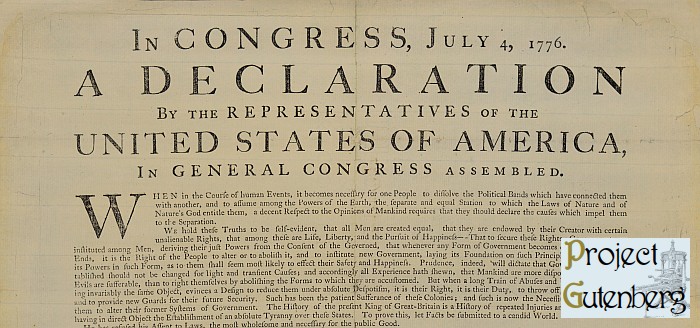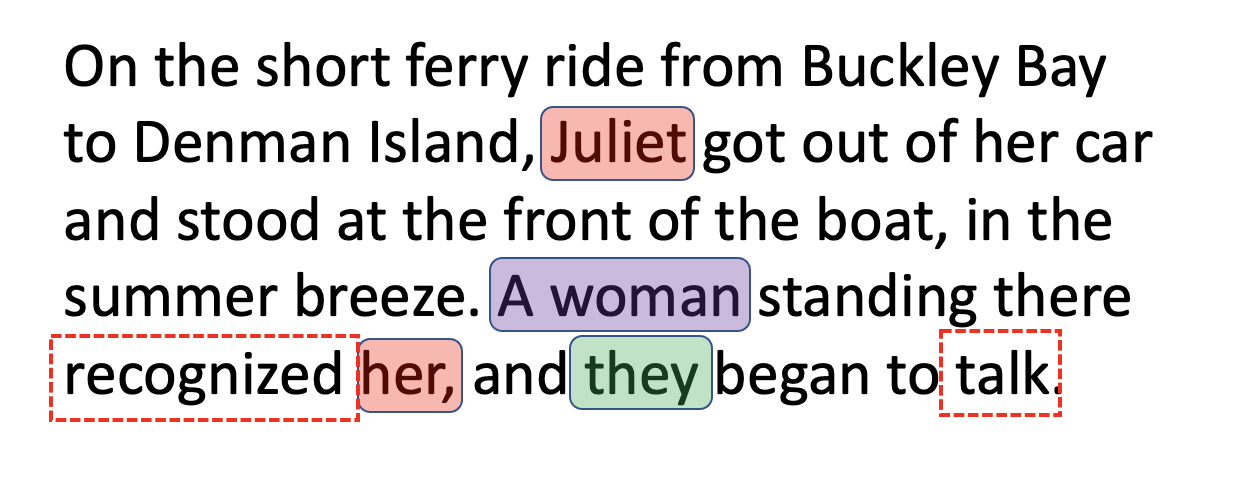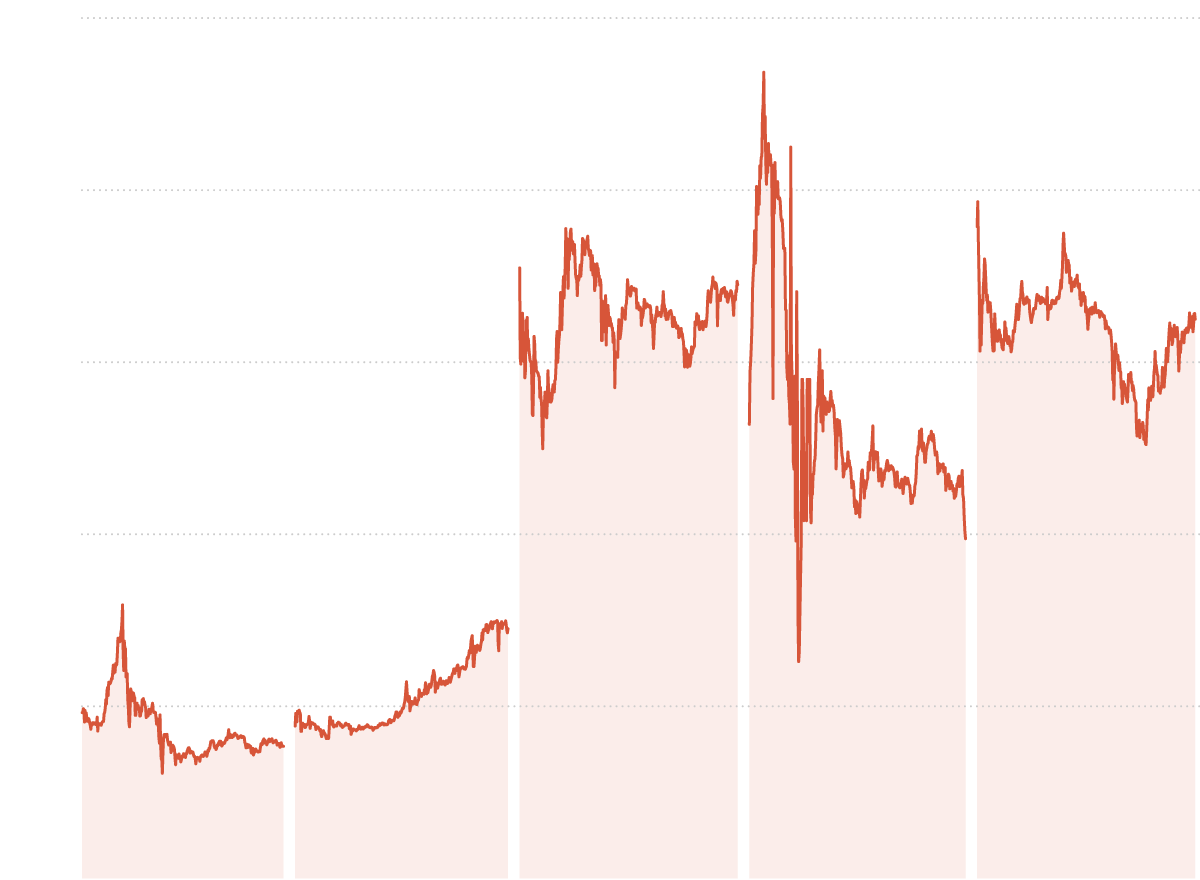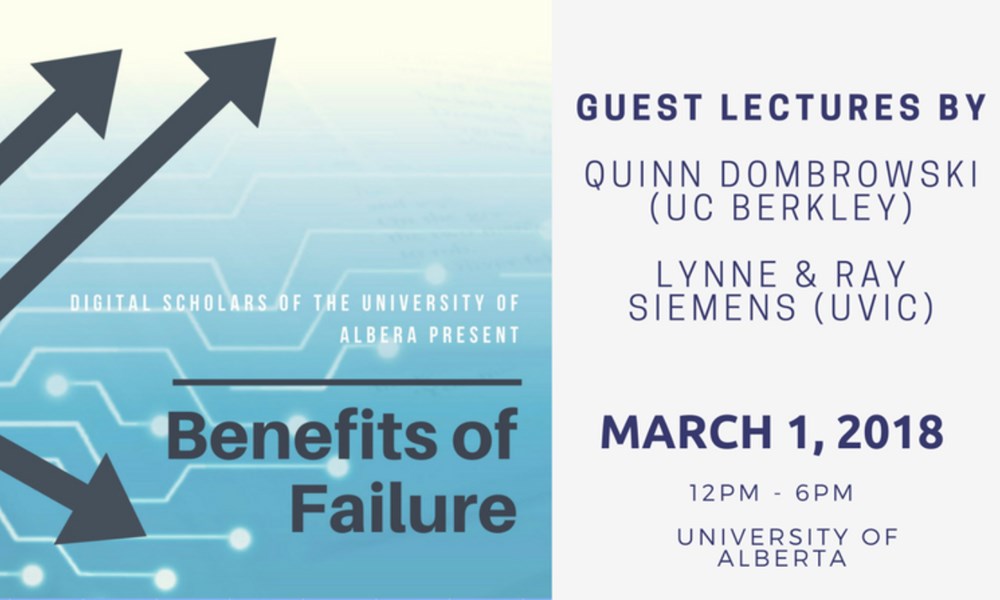This week I attended the second Science 2.0 conference held in Hamburg, Germany. (You can see my research notes here.) The conference dealt with issues around open access, open data, citizen science, and network enabled science. I was one of two Canadian digital humanists presenting. Matthew Hiebert from the University of Victoria talked about the social edition and work from the Electronic Textual Cultures Lab and Iter. It should be noted that in Europe the word “science” is more inclusive and can include the humanities. This conference wasn’t just about how open data and crowdsourcing could help the natural sciences – it was about how research across the disciplines could be supported with virtual labs and infrastructure.
I gave a paper on “New Publics for the Humanities” that started by noting that the humanities no longer engage the public. The social contract with the public that supports us has been neglected. I worry that if the university is disaggregated and the humanities unbundled from the other faculties (the way newspapers have been hit by the internet and the unbundling of services) then people will stop paying for the humanities and much of the research we do. We will end up with cheaper, research poor, colleges that provide lots of higher education without the research, or climbing walls. Only in the elite private universities will the humanities survive, and in those they will survive as a marker of their class status. You will be able to study ancient languages at elite schools because any degree is good from an elite school provides.
Of course, the humanities will survive outside the university, and may become healthier with the downsizing of the professional (or professorial) humanities, but we run the danger of unthinkingly losing a long tradition of thinking critically and ethically. An irony to be sure – losing thinking traditions through the lack of public reflection on the consequences of disruptive change.
Drawing on Greg Crane, I then argued that citizen research (forms of crowdsourcing) can re-engage the publics we need to support us and reflect with us. Citizen research can provide an alternative way of structuring research in anticipation of defunding of the humanities research function. I illustrated my point by showing a number of examples of humanities crowdsourcing projects from the OED (pre-computer volunteer research) to the Dictionary of Words in the Wild. If I can find the time I will write up the argument to see where it goes.
My talk was followed by thorough one on citizen science in environmental studies by Professor Aletta Bonn of the Citizens create knowledge project – a German platform for citizen science. We need to learn from people like Dr. Bonn who are studying and experimenting with the deployment of citizen research. One point she made was the importance of citizen co-design. Most projects enlist citizens in repetitive micro-tasks designed by researchers. What if the research project were designed from the beginning with citizens? What would that mean? How would that work?




